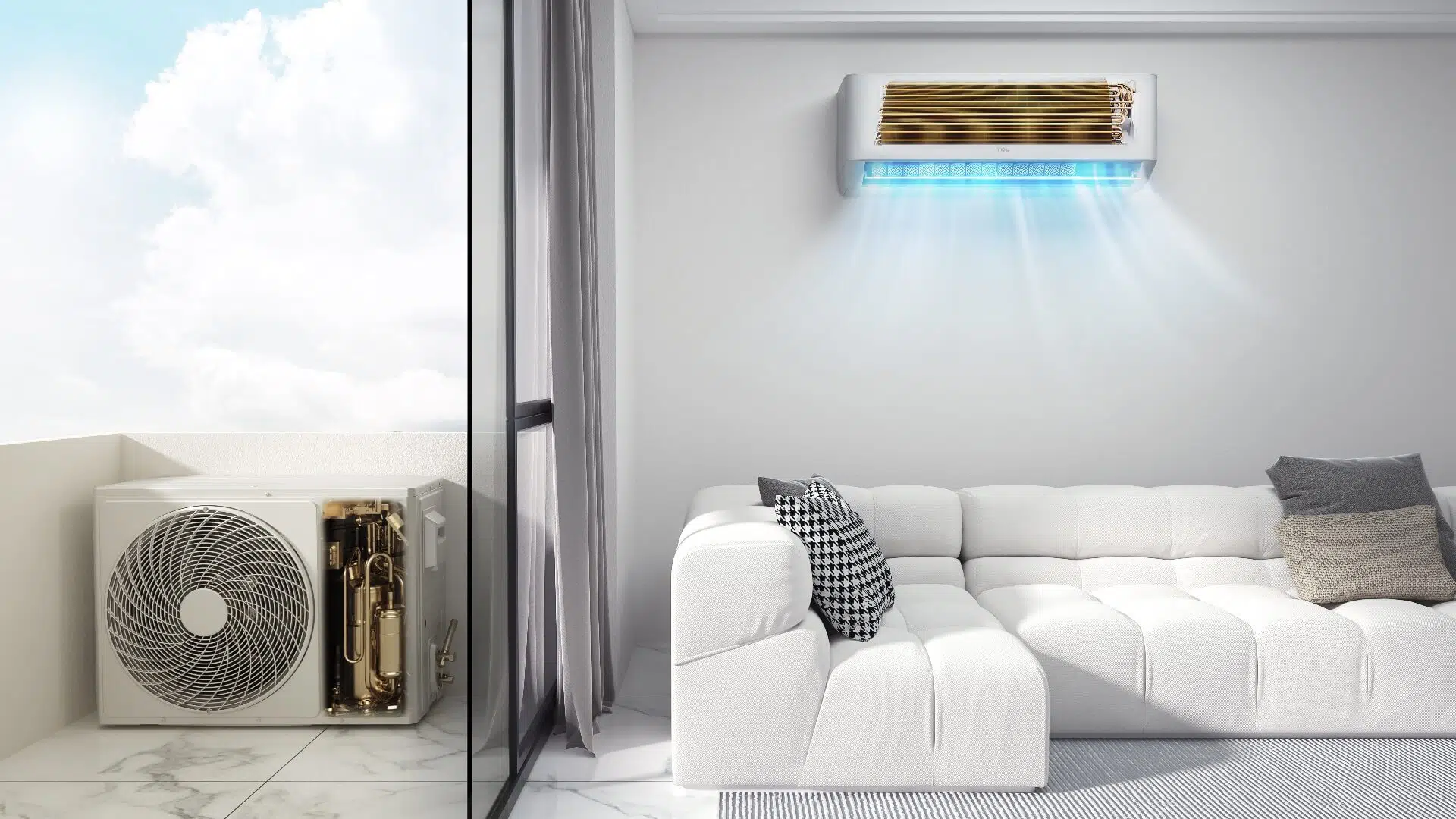Air conditioning has become an indispensable part of modern life, offering relief from sweltering heat and humidity while also providing numerous benefits to health, productivity, and comfort. From its humble beginnings to its widespread adoption in homes, offices, and vehicles worldwide, the evolution of air conditioning has been nothing short of revolutionary. This article explores the history, technology, environmental impact, and future trends of air conditioning, shedding light on its profound influence on society.
Historical Development: The journey of air conditioning dates back to ancient civilizations, where methods such as using water-soaked reeds or windcatchers were employed to cool indoor spaces. However, it was not until the late 19th century that modern air conditioning began to take shape. In 1902, Willis Carrier invented the first electrical air conditioning unit, primarily intended to control humidity in a printing plant. This breakthrough paved the way for the mass production and commercialization of air conditioning systems, transforming industries and lifestyles worldwide. Subsequent innovations in refrigeration technology, such as the development of Freon in the 1930s, further enhanced the efficiency and accessibility of air conditioning, making it a staple in households and commercial buildings alike.
Technological Advancements: Advancements in air conditioning technology have led to significant improvements in energy efficiency, sustainability, and user convenience. The integration of digital thermostats, variable-speed compressors, and smart sensors enables precise temperature control and optimal energy utilization, reducing both operating costs and environmental impact. Moreover, the emergence of eco-friendly refrigerants and green building standards has propelled the industry towards greater sustainability, addressing concerns about ozone depletion and greenhouse gas emissions. Additionally, innovations in ductless mini-split systems and geothermal heat pumps offer versatile solutions for heating and cooling, catering to diverse architectural needs and environmental conditions.
Environmental Impact: While air conditioning provides undeniable comfort and convenience, its widespread use has raised concerns about its environmental impact, particularly in terms of energy consumption and refrigerant emissions. The energy-intensive nature of air conditioning contributes to peak electricity demand and greenhouse gas emissions, exacerbating climate change and straining infrastructure during heatwaves. Furthermore, the leakage of hydrofluorocarbon (HFC) refrigerants, which have high global warming potential, poses a significant threat to the ozone layer and climate stability. To address these challenges, policymakers, manufacturers, and consumers must collaborate to promote energy-efficient technologies, phase out harmful refrigerants, and implement sustainable cooling practices, such as passive design strategies and natural ventilation.
Future Trends: Looking ahead, the future of air conditioning is characterized by a focus on energy efficiency, smart connectivity, and climate resilience. Advancements in materials science, such as thermoelectric cooling and magnetic refrigeration, hold promise for developing next-generation air conditioning systems that are more efficient, compact, and environmentally friendly. Furthermore, the integration of artificial intelligence and IoT (Internet of Things) technologies enables predictive maintenance, adaptive controls, and demand response strategies, optimizing comfort and energy savings in real-time. Moreover, the growing emphasis on climate resilience and adaptation underscores the importance of resilient cooling solutions, such as district-wide cooling networks, passive cooling strategies, and green infrastructure, to mitigate the urban heat island effect and enhance thermal comfort in a changing climate.
Conclusion: In conclusion, air conditioning has evolved from a luxury to a necessity, shaping the way we live, work, and interact with the built environment. While its widespread adoption has improved comfort and productivity, it also presents challenges related to energy consumption, environmental sustainability, and climate resilience. By embracing technological innovation, regulatory measures, and sustainable practices, we can harness the benefits of air conditioning while mitigating its adverse impacts, ensuring a cooler, greener, and more equitable future for generations to come.
